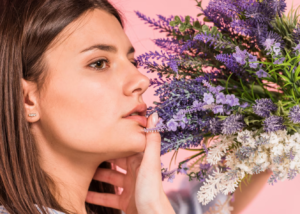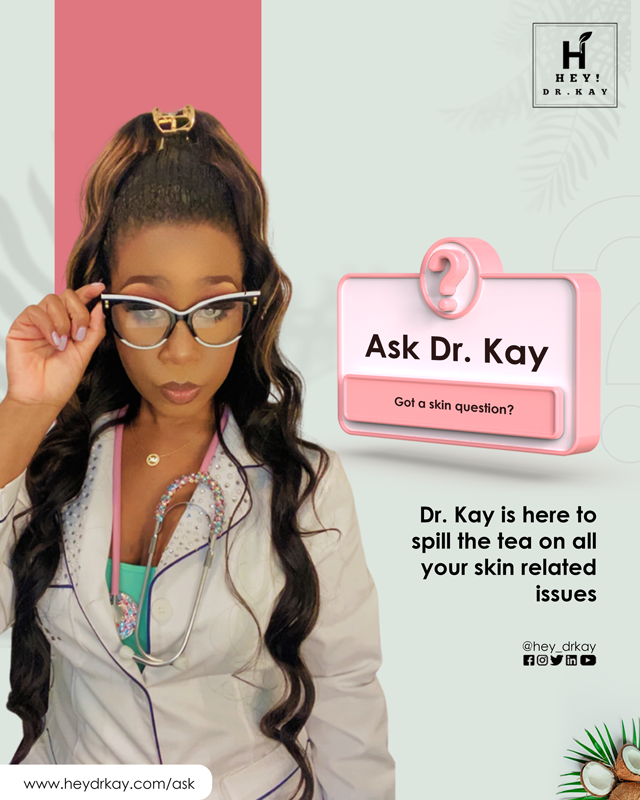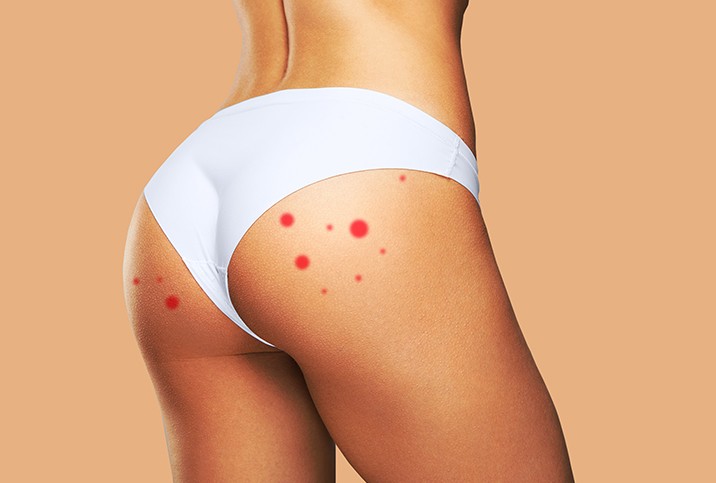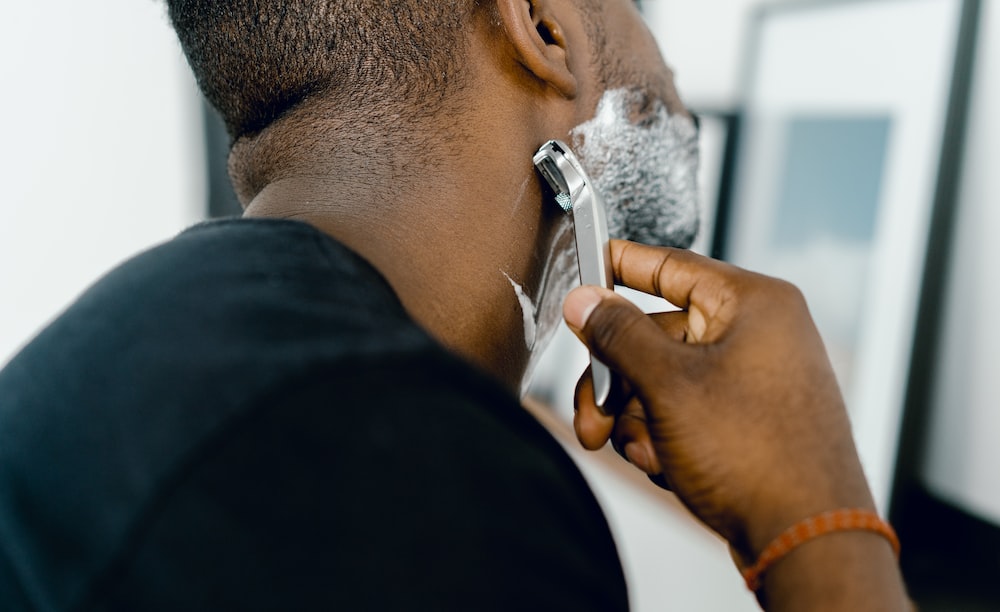
Sniff sniff. From the smell of morning coffee to freshly cut grass, to our evening glass of wine…we are utterly OBSESSED with fragrances in our daily lives. It’s no wonder why no matter what kind of beauty product we’re testing out it’s almost second nature to take a whiff and enjoy the scent. Our mothers and grandmothers all did the same…so what’s the big fuss about “fragrance-free” skincare all of a sudden?…and why should we even care?

How do you know if your beauty product has fragrances?
The simple rule of thumb is that if the product has any smell, there is definitely some kind of fragrance present. Anything that has an identifiable smell is solely added to formulas for a sensorial effect, not to contribute to the health of the skin.

Wait. Is it fragrance-free or unscented products I should look out for?
Warning: Just because something is “unscented” doesn’t mean it is fragrance-free. “Fragrance-free” means that no fragrance materials—synthetic or natural—are used in the product. On the other hand, “unscented” generally means that the product doesn’t have an obvious fragrance, but may still contain substances that neutralize or mask the odors of other active ingredients (which don’t always smell too great).

Still confused? Well, let’s talk about why companies choose to add fragrance to their skincare products in the first place.
Although there is no proven clinical reason for fragrance in skincare, there is something enticing about a product smelling “good.” Usually a fragrance is just meant to cover up the smell of other ingredients, or to try and make the product smell better and be marketed accordingly. And to be honest, if there was a product that works incredibly well for your skin, but smelled bad, most consumers would still never use it.

So who should avoid fragrance in their skincare routine?
If you are allergic to any form of fragrance (whether that is synthetic or natural), you should avoid fragrance in your skincare routine. Those who experience migraines or show hypersensitivity to odor should typically opt to avoid fragrance in skincare. Additionally, for persons with any inflammatory skin issues, such as eczema or rosacea, using a product that contains fragrance could potentially cause more irritation to the skin.

Alright, what’s the verdict? Fragrance or no fragrance in our skincare products?
It’s really about an individual’s personal sensitivities and knowing which specific ingredients to avoid, if any.
If you’re still worried, it’s a good idea to keep in mind that any product meant for the face, neck, or eye area should be as “fragrance free” as possible. It’s not so bad to have fragrances in your body products that are applied to generally less sensitive skin.
However, if you are not one of the few people sensitive to specific fragrance ingredients, there’s no reason to avoid them and that doesn’t mean you can’t enjoy fragrances as part of the overall skincare experience.






0 Comments